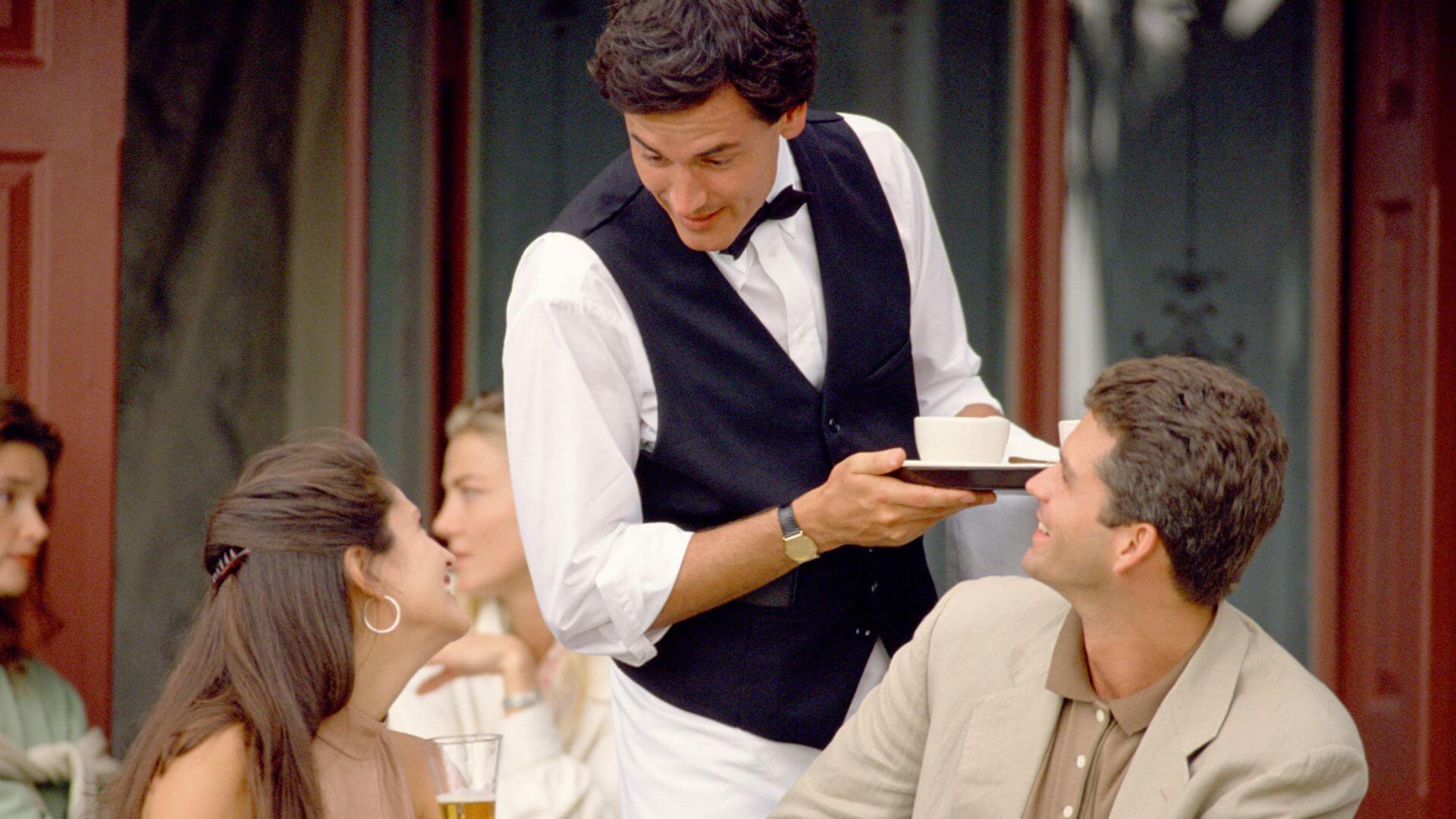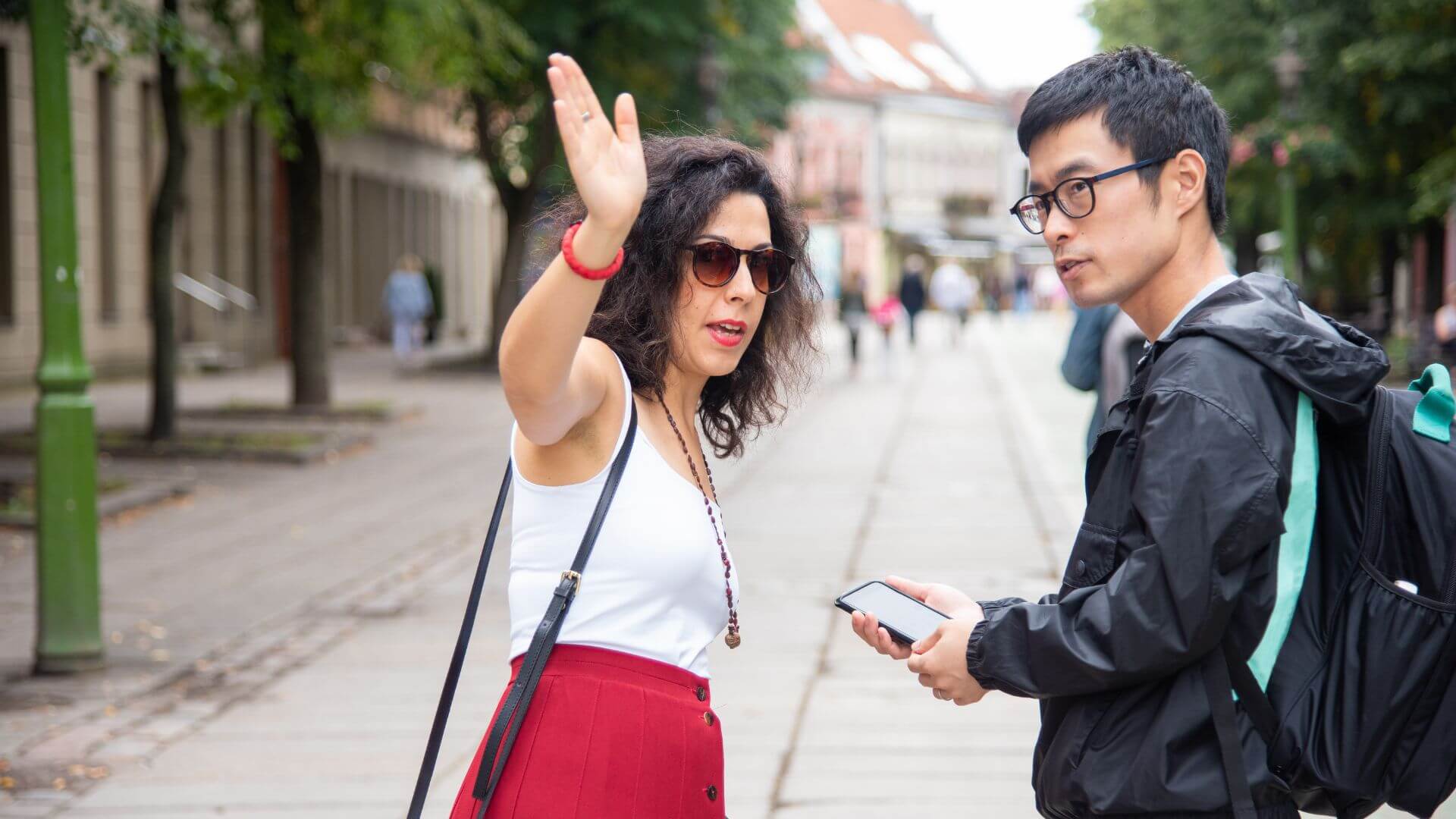Learning a new language can be tough, especially when you need to know key phrases quickly. One phrase you’ll definitely need while traveling in France is how to ask for the bathroom. The French phrase ‘Excusez-moi, où sont les toilettes?’ is crucial. It not only helps you find a restroom but also shows you respect local customs.
When you get this phrase down, your trip becomes a bit easier. Think about it: knowing how to ask this simple question can save you a lot of trouble and helps you blend in a little better. What other phrases do you think could be just as important? I bet there are a few that could help you keep cool and polite in new places.
How to Say “Where Is the Bathroom?” in French
When you’re in France, knowing how to ask for the bathroom is essential, whether you’re in a café, a restaurant, a private home, or a public area. It’s important to get the phrasing right to be polite and respectful in different French settings.
| French | English Translation |
| Où sont les toilettes ? | Where are the toilets? |
| Où est la salle de bain ? | Where is the bathroom? |
| Où se trouvent les WC ? | Where are the WC? |
| Où est la salle d’eau ? | Where is the washroom? |
| Où sont les lavabos ? | Where are the washbasins? |
| Où puis-je me rafraîchir ? | Where can I freshen up? |
| Où est le petit coin ? | Where is the little corner? (colloquial) |
| Où sont les commodités ? | Where are the facilities? |
| Où puis-je me soulager ? | Where can I relieve myself? (polite) |
| Où est la salle de repos ? | Where is the restroom? |
Avoiding embarrassing mistakes
To avoid mistakes when asking for the restroom in France, remember to use the term ‘les toilettes’ instead of ‘salle de bain,’ which means a bathroom with a tub. It’s common to use the plural form. You can say, ‘Excuse me, where are the toilets?’ or ‘May I use the toilet, please?’ These phrases are polite and fit the cultural norms. Also, try to steer clear of informal terms like ‘les cabinets’ or ‘le petit coin’ unless you’re sure about the social context. Being clear and polite helps you fit in better and prevents awkward situations.
Asking in a café or restaurant

When you’re in a café or restaurant in France and need to use the restroom, simply ask, ‘Excusez-moi, où sont les toilettes?’ It’s a polite way to ask, and it shows you respect the local customs.In smaller or busier places, it’s good manners to buy something before you ask to use the restroom.
| French | English Translation |
| Où sont les toilettes, s’il vous plaît ? | Where are the toilets, please? |
| Pourriez-vous m’indiquer les WC ? | Could you show me where the WC is? |
| Où se trouvent les sanitaires ? | Where are the sanitary facilities? |
| Excusez-moi, où est la salle de bain ? | Excuse me, where is the bathroom? |
| Les toilettes sont où, s’il vous plaît ? | Where are the toilets, please? |
| Pardon, je cherche les toilettes. | Excuse me, I’m looking for the toilets. |
| Où puis-je me rafraîchir ? | Where can I freshen up? |
| Où sont les commodités ? | Where are the facilities? |
| Pouvez-vous me dire où sont les toilettes ? | Can you tell me where the toilets are? |
| Est-ce que vous avez des toilettes ? | Do you have toilets? |
| Je voudrais aller aux toilettes, elles sont où ? | I’d like to go to the toilet, where is it? |
| Pourriez-vous m’indiquer le chemin des toilettes ? | Could you show me the way to the toilets? |
Asking in a private house
When you’re in a private French home and need to use the bathroom, it’s best to wait for a break in the conversation. Then, simply ask, ‘Excuse me, where is the bathroom, please?’ by saying, ‘Excusez-moi, où sont les toilettes, s’il vous plaît?’ This way, you’re polite and respect their customs. It’s good to keep it straightforward and avoid too much detail about personal needs, as it’s more polite in French culture. This approach shows you understand and respect their ways, making your visit smoother.
Asking about public restrooms in France

Do you want to ask about the public restrooms in France? You will have to know specific phrases and customs. In big cities, you’ll often find self-cleaning restrooms called ‘sanisettes.’ They might charge a small fee, so keep some coins ready. You might also come across squat toilets, especially in older or public places.
| French | English Translation |
| Y a-t-il des toilettes publiques près d’ici ? | Are there any public toilets nearby? |
| Où puis-je trouver des toilettes publiques ? | Where can I find public toilets? |
| Est-ce qu’il y a des sanisettes dans le coin ? | Are there any public toilet facilities in the area? |
| Savez-vous s’il y a des WC publics dans le quartier ? | Do you know if there are any public WCs in the neighborhood? |
| Y a-t-il des toilettes gratuites par ici ? | Are there any free toilets around here? |
| Où sont les toilettes municipales les plus proches ? | Where are the nearest municipal toilets? |
| Peut-on utiliser les toilettes de ce bâtiment public ? | Can we use the toilets in this public building? |
| Y a-t-il des toilettes accessibles au public dans cette zone ? | Are there any publicly accessible toilets in this area? |
| Connaissez-vous un endroit où je peux utiliser des toilettes ? | Do you know a place where I can use the toilet? |
| Les toilettes publiques les plus proches sont où ? | Where are the closest public toilets? |
Conclusion
In short, knowing how to say ‘Excusez-moi, où sont les toilettes?’ is crucial when you’re in France. This phrase isn’t just about finding a bathroom. It shows you respect French customs. When you use the right words, you get along better and enjoy your visit more. So, learning this question is useful and polite. Now that you know the key words and local customs, you’re all set to handle French-speaking places with ease. Have a great trip, and enjoy both the learning and the experiences!
Keep visiting our site TranslationBlog.net to read more such informational articles.

